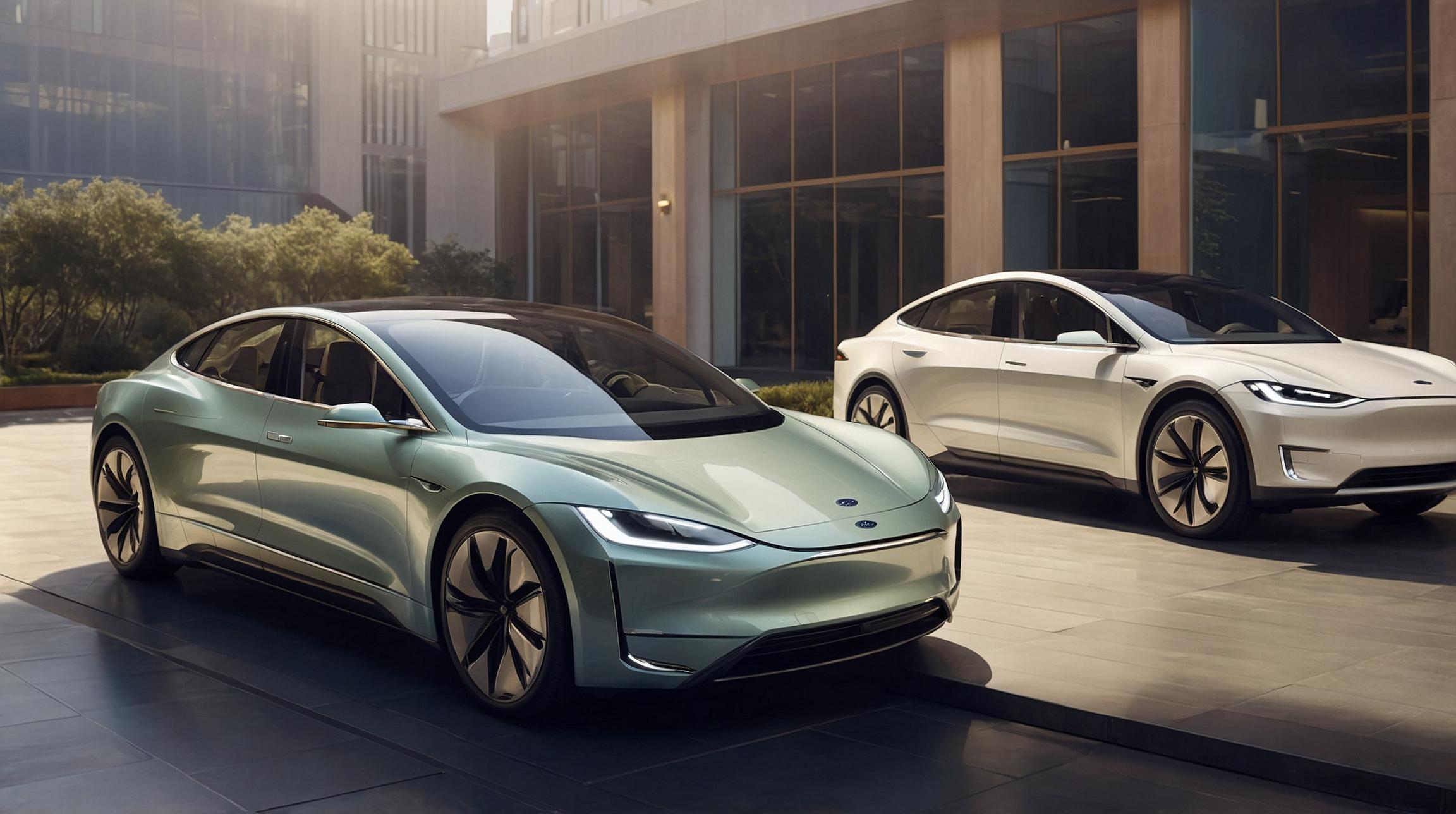Ford's Strategic Shift in the EV Landscape
Ford Motor Company recently announced a significant shift in its electric vehicle (EV) strategy, which has caught the attention of both industry experts and competitors. This move, according to insights from Stifel analysts, could have profound implications for the broader EV market, notably benefiting Tesla (TSLA), Rivian Automotive (RIVN), and Lucid Group (LCID).
Key Changes in Ford's EV Strategy
Ford's new strategy involves cutting back on capital spending for EVs, realigning production plans, scrapping the launch of a three-row electric SUV, and postponing its upcoming electric truck. These strategic adjustments are poised to reduce competition within the EV market, thereby creating advantageous scenarios for other manufacturers.
Tesla's (TSLA) Potential Gains
For Tesla, Ford's retrenchment could translate to several benefits. Analysts from Stifel suggest that Tesla might see an increase in demand for its Automotive Regulatory Credits. These are credits given to automakers for producing zero-emission vehicles, which they can sell to other manufacturers. With fewer players aggressively entering the market, Tesla may find it easier to maintain its market share and generate interest in its next-generation vehicles.
Opportunities for Rivian (RIVN)
Rivian Automotive stands to gain as well. The cessation of Ford's three-row Battery Electric Vehicle (BEV) SUV and delays in truck production reduces direct competition. This situation is expected to allow Rivian to strengthen its foothold with its own next-generation platform. Moreover, fewer alternatives from established automakers could boost demand for Rivian's Automotive Regulatory Credits, enhancing its financial standing.
Lucid's (LCID) Strategic Advantages
Lucid Group, particularly in the SUV market, is another beneficiary of Ford's strategic pivot. With Ford shelving its three-row SUV, Lucid's Gravity SUV faces less rivalry, potentially accelerating its market penetration. Additionally, Lucid could leverage this change to solidify its position with its mass-market mid-size sedan, tapping into the segments left underserved by Ford's withdrawal.
Conclusion
Ford's decision to scale back its EV ambitions may have complex implications for the industry, but it undeniably opens up opportunities for other players like Tesla, Rivian, and Lucid. As the market dynamics shift, these companies could capitalize on reduced competition and continue to innovate, bringing more choices to consumers while strengthening their market positions.













